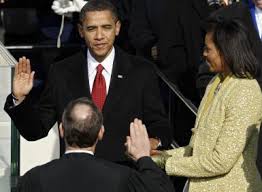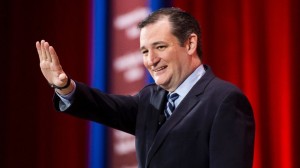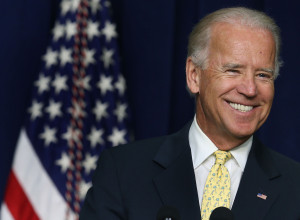It intrigues me greatly how the naysayers manage to hog all the attention and persuade people to believe things that aren’t true.
Check out the link here: Trend is good
FactCheck.org is a website run by the Annenberg Public Policy Center. It’s known to be a credible source for those who wish to know the facts about the political rhetoric being tossed around.
We’ve heard much over the past, oh, six-plus years about how Barack Obama’s presidency has led the nation into oblivion.
Hmmm. FactCheck.org says something quite different about the trend since Obama took office in January 2009.
Jobs are up; joblessness is down; energy production is up; energy imports are down; the number of uninsured Americans is down; the stock market is way up.
It’s not all peaches and cream. Food stamp recipients have increased; home ownership is down; median household income is down.
Yet, despite the evidence to the contrary, we keep hearing from presidential candidates that America is going straight to hell. One of them wants to “make America great again.” Others label the president’s policies as disastrous, dangerous, lawless.
Are we in the perfect place? Of course not. Far from it. We’re still fighting that war against international terrorists that, in my view, is likely to be ongoing long after many of us have departed for the Great Beyond.
However, as the political season heats up and the rhetoric starts churning, let us look at the big picture and take the stump speech sound bites and laugh lines with the skepticism they deserve.









